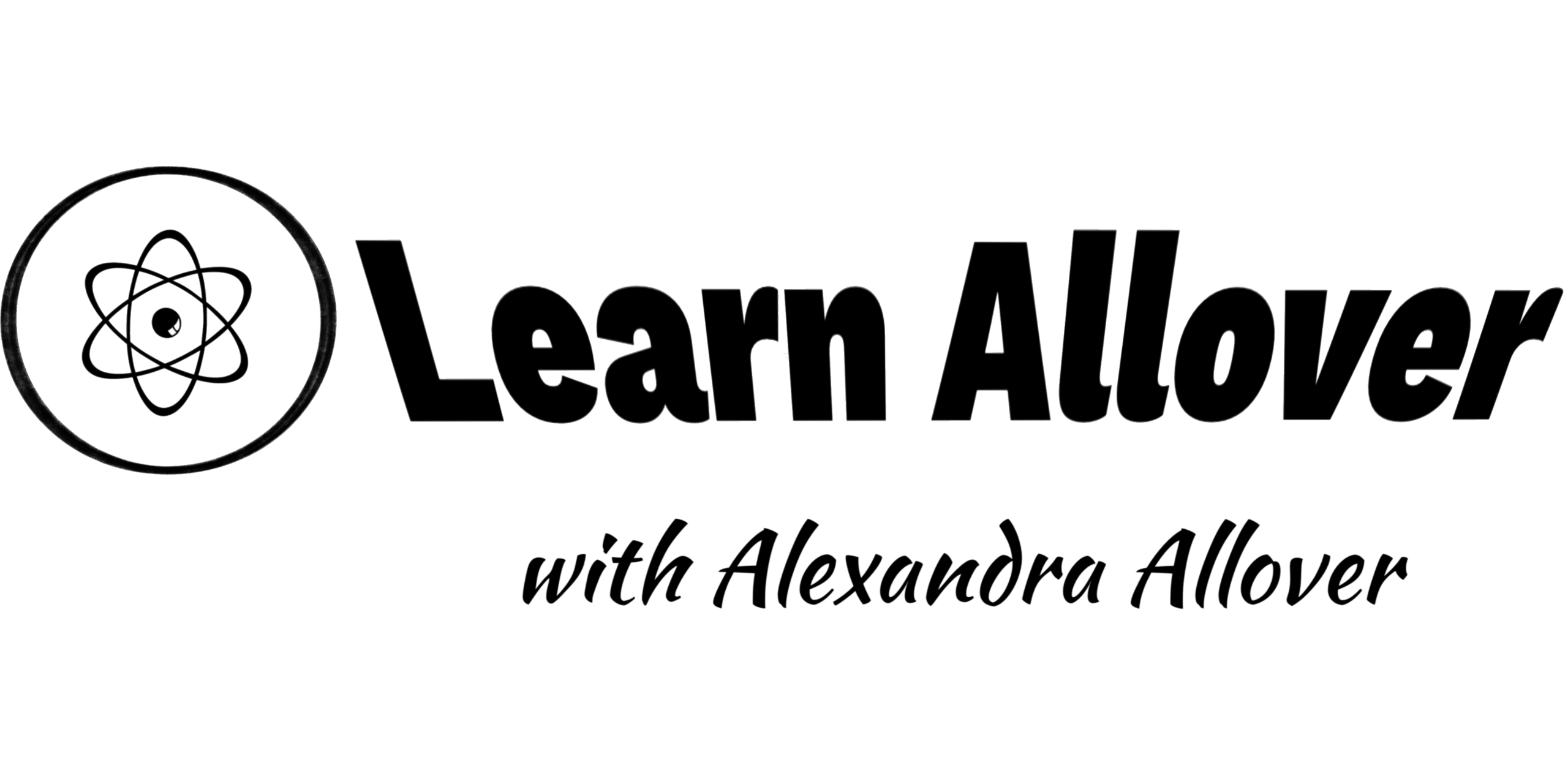How to Improve Your Memory and Study Strategies: A Comprehensive Guide for Students
Are you struggling to remember new information? Do you want to know how to enhance your learning process? If so, it’s essential to have a good understanding of how your memory works.
In this blog post, we will explore some key insights on how your brain stores and retrieves information, and provide some practical tips to help you improve your memory and learning process.
We will answer some common questions by students such as:
- How can I remember subject matter for a long time?
- What are the pros and cons of cramming before a test?
- How can I positively influence my memory while preparing for an exam?
By the end of this post, you will have a better understanding of your memory and how to utilize effective metacognitive strategies to enhance your learning process. So, let’s dive in!

Understanding the Theory of Memory
Memory is a crucial aspect of our lives, impacting every facet of our existence. However, students often struggle with memory retention and recall, which can affect their academic performance. The key to improving memory is to understand how it works. Thus, it is important to be aware of the different types of memory and their duration. There are two main types of memory: retrospective and prospective.
Retrospective Memory for Past Events and Facts
Have you ever tried to recall a past event, but struggled to remember the details? Or perhaps you’ve forgotten a fact that you used to know with ease? This is where retrospective memory comes into play. Retrospective memory refers to the ability to remember past events and information that has already been learned.
Retrospective memory can be divided into two main categories: implicit and declarative memory. Implicit memory refers to the unconscious memory of skills and procedures, such as riding a bike or typing on a keyboard. These skills are so deeply ingrained in our mind that we don’t even think about them when we perform them.
On the other hand, declarative memory refers to the conscious recall of facts and events. This type of memory can be further divided into two subcategories: episodic and semantic memory. Episodic memory refers to the ability to remember personal experiences, such as your first kiss or your graduation day. Semantic memory, on the other hand, is the ability to recall general knowledge, such as the capital city of a country or the definition of a word.
Understanding retrospective memory and its subcategories can help you better understand how you remember information from the past. By utilizing effective memory techniques, you can enhance your ability to recall important events and facts from your life.
Prospective Memory for Future Events and Tasks
Have you ever forgotten to do something you planned to do? Maybe you forgot to pick up groceries on the way home from work or missed a deadline for a school project. This is where prospective memory comes into play. Prospective memory refers to the ability to remember to perform future tasks or actions.
Prospective memory can be categorized into two main types: event-based and time-based. Event-based prospective memory involves remembering to perform a task in response to a specific cue or event, such as remembering to take your medication after breakfast. Time-based prospective memory, on the other hand, involves remembering to perform a task at a specific time, such as attending a meeting at 2 pm.
Prospective memory is an essential part of our daily lives, as it helps us remember important tasks and events that we need to attend to in the future. However, it can be challenging to maintain this type of memory as we get older or when we have a lot of responsibilities. To enhance your prospective memory, you can use various techniques such as setting reminders, creating lists, or utilizing aids like calendars or sticky notes.
By understanding how prospective memory works and utilizing effective techniques, you can enhance your ability to remember and perform important tasks and events in the future.

The Journey of Short and Long-Term Memory
Have you ever tried to remember something that you just learned, only to forget it shortly after? This is where short-term memory comes into play. Memory can be classified based on its duration, as working memory/short-term memory, which stores information for short periods of time, and long-term memory, which serves long-term storage of information.
Working memory, also known as short-term memory, is where information is temporarily stored for immediate use. It has limited capacity and can hold information for only a few seconds to a minute. Long-term memory, on the other hand, is where information is stored for an extended period of time. It has unlimited capacity and can store information for days, months, or even years.
The ultimate goal of learning is to transfer information from working memory to long-term memory to retain it for as long as possible. However, students often struggle with retaining new information. Encoding, storing, and retrieving information are the three essential components of the memory process. Encoding refers to the process of putting information into the brain, while storing refers to keeping information in the brain. Finally, retrieval refers to the process of getting the information out of the brain when needed. All three components are vital when studying, and stress and blackouts can prevent successful retrieval of information in test situations.
By understanding how memory works and utilizing effective memorizing techniques, you can enhance your ability to encode, store, and retrieve information efficiently. Repetition, chunking, visualization, and association are all techniques that can help transfer information from short-term to long-term memory. With practice and patience, you can improve your memory and retain information for a lifetime.
Strategies to Help You Remember Better: Learning for Effective Memory
To improve your memorizing process, focusing on learning is key. Learning is the process of acquiring knowledge or information, ideally through teaching or self-study. Several factors contribute to effective encoding of information, such as maintaining interest, paying attention, seeing the value of the material, making connections between new information and prior knowledge, and repetition. It’s important to note that memory takes time to develop, and cramming is not a recommended strategy. While cramming may help you remember things for a short time, long-term retention of information requires practicing and reviewing material over time. By prioritizing learning and implementing effective study techniques, you can enhance your memorizing process and remember better.
Is Cramming before Tests Effective for Long-Term Learning?
As a student, you might feel the pressure to cram all of your studying into one late-night session before an important exam or test. While you might hear your teachers saying that studying last minute is useless, the truth is that a person can actually remember quite a lot after a cramming session, for about 18 to 36 hours; so you might remember it for your test tomorrow. However, within a week’s worth of time, about 75% of that material will be lost. This approach to studying is not effective for long-term learning and can actually harm your ability to retain information.

In addition to the limited long-term benefits of cramming, it can also be extremely stressful and taxing on your mental and physical health. Cramming often means sacrificing sleep, which is critical for transferring information from short-term to long-term memory. This can lead to fatigue, irritability, and decreased focus, all of which can negatively impact your test performance.
By relying on last-minute studying, you’re also missing out on the benefits of spaced repetition and distributed practice. These techniques involve spreading out your studying over a longer period, allowing your brain to review and reinforce the material more effectively. By studying in smaller increments over a period of days, weeks, or months, you’ll be able to better retain the information and develop a deeper understanding of the concepts.
In summary, while cramming may seem like a quick fix to prepare for an exam or test, it’s not an effective long-term strategy for learning. By prioritizing spaced repetition and distributed practice, you can optimize your study habits and achieve better results, instead of sabotaging your future self who will need to know and be able to use and refer back to these foundational ideas.

Three Surprising Facts About Learning and How to Apply Them to Your Studies
Did you know that the conditions you’re in when studying affect you in your test situation? Your goal should therefore be to create the same or similar conditions when studying as are taking place during the test situation. Here are some interesting facts:
Your memory is state-dependent
Your ability to recall information is influenced by the state of your mind and body. Studies have demonstrated that you are more likely to perform well on a test if your emotional state during the test is similar to your state during the initial learning phase. This means that if you were in a good mood when studying, you are more likely to remember information if you are also in a good mood during the test. The mind relies on cues and similarities to aid in information recall.
In addition, physical activities such as aerobic exercises, standing or walking during studying, can also enhance memory recall during the test. Listening to music while studying can be helpful, but only if you also listen to music during the test.
Interestingly, this principle also applies to medication, alcohol, caffeine, and other drugs. College students who studied after consuming alcohol were less likely to recall the information during the test when they were sober. However, consuming alcohol or drugs can impair mental processes and concentration, so it is advisable to stay sober during both the encoding and retrieval phases of memorizing information.

My Study Tip for Better Memory
My tip is to simulate the test conditions during the study phase by creating similar emotional and physical states. For instance, you could simulate the stress of the test by timing your answers while studying at a desk. This can help to enhance information recall during the actual test.
Alternatively, it’s also beneficial to study in different mental and physical states. The reasoning behind this is that you can never predict what state you’ll be in during the exam, so it’s better to make your memory adaptable to any state. For instance, you could review your material when you’re feeling energized and when you’re feeling fatigued. Additionally, it’s helpful to study regardless of your current mood.
Your memory is context-dependent
Your ability to retrieve memories is heavily influenced by the context in which they were encoded. An example of this is when you forget what you were going to do after leaving your desk, but remember once you return to that same location. This is because our brains encode contextual information along with the memory itself, and successful retrieval often requires re-activation of that same context.

My Study Tip for Better Memory
To improve your exam performance, you can try revising in different contexts. This includes studying in different rooms or environments, as well as with different levels of noise or distractions. If possible, you can even study in the same classroom where you’ll be taking the test. Studies have shown that students who study in multiple contexts perform better on exams than those who only study in one location, with an improvement in test performance of up to 30%. By practicing retrieval in various contexts, you can train yourself to be able to recall information regardless of the circumstances you find yourself in during the actual exam.
How Forgetting and Sleep Improve Memory
While it’s commonly known that sleep deprivation can harm your performance and memory, power naps can actually help you retain what you’ve just studied. That’s because learning isn’t complete after studying; for information to move to long-term memory, structural biological changes must occur in the brain tissue, such as new connections between neurons being formed. Research has demonstrated that you can utilize sleep as a powerful tool between study sessions to aid memory retention.

How Stages of Sleep can Help you Remember
It’s essential to understand the different stages of sleep if you decide to nap. Napping for a maximum of 20 minutes can effectively restore your energy, but it’s not sufficient to reach deeper stages of sleep during which memory consolidation occurs. To enhance your memory, you’ll need to nap for at least 60 minutes. However, napping for 60 minutes has the disadvantage of leaving you feeling groggy for about 30 minutes afterward because you wake up in the middle of deep sleep. Therefore, it’s best to sleep for a full 90-minute cycle. After that, you’ll feel refreshed, and your memory will benefit.
My Study Tip for Better Memory
My tip is to schedule your study session in the evening, just before bedtime. If you want to restore your energy, take a 20-minute nap. On the other hand, opt for a 90-minute nap after your study session to consolidate your memory.
Final Thoughts and Takeaways
In conclusion, students looking to improve their memory and study strategies should understand the memory process and focus on learning. Learning is a multi-step process that requires attention, interest and repetition. It is essential to understand the value of the material and make connections with prior knowledge. While cramming may help you remember things for a short time, long-term retention of information requires consistent practice and review of material. By following these guidelines, students can improve their memory and academic performance.
Hope that helped! 😊 These and other academic study tricks you will find in my easy-to-access online courses for schools and students!


FOLLOW me on
🔴 Youtube
✍️ Read more BLOG posts!
…for more academic coaching & study tips!
P.S.:
More support for students
If you are looking for more academic support, I can offer you access to the academic coaching course for students and teachers. Check out this offer for schools if you want to find out how to apply proven learning strategies, techniques to boost motivation and valuable test preparation skills.
Support for parents: Teens’ mental health
If you are looking for support regarding your child‘s mental health and want to improve your relationship with them, I want to suggest one of my free resources: the DIY Coaching Kit
By learning more about proven coaching strategies of the parent-child dynamics and the psychology behind it, you‘ll be able to act like a life coach for your own child without them even knowing 😉
What schooling fits your family?
If you are looking for a suitable school, a student exchange program, or want to know more about alternative schooling, I might have some suggestions for you.
You want to talk to me about any topic concerning education, schooling, teens’ psychology and mental health? Feel free to email me: [email protected]
